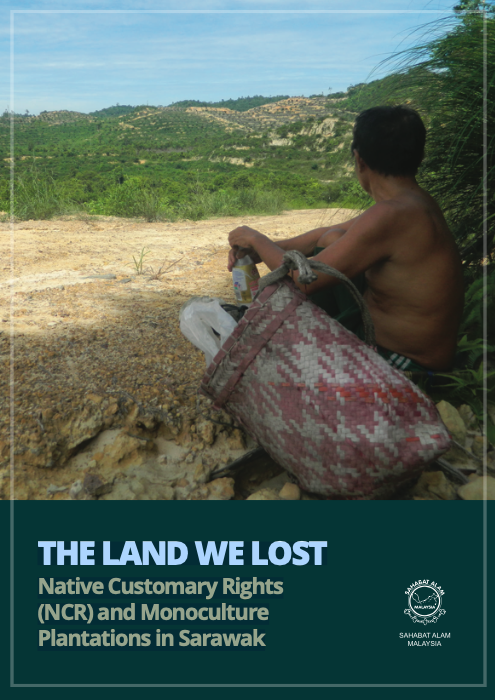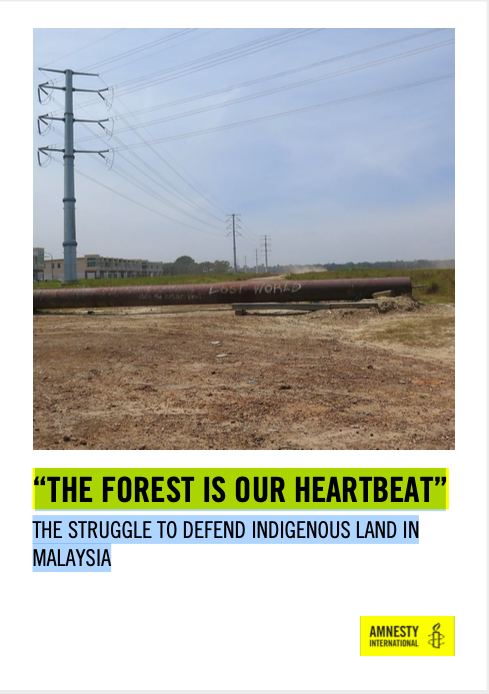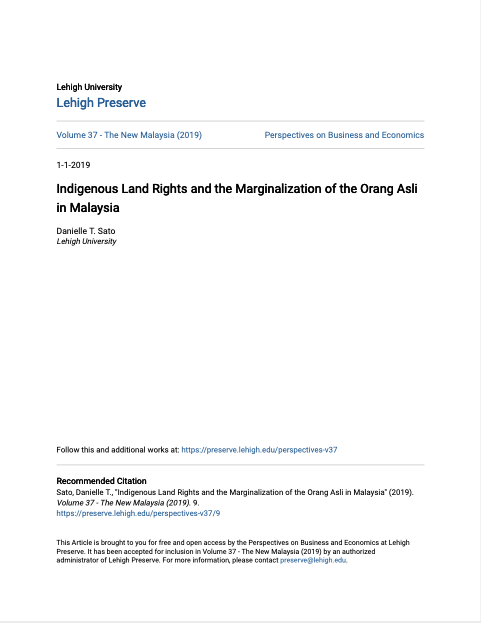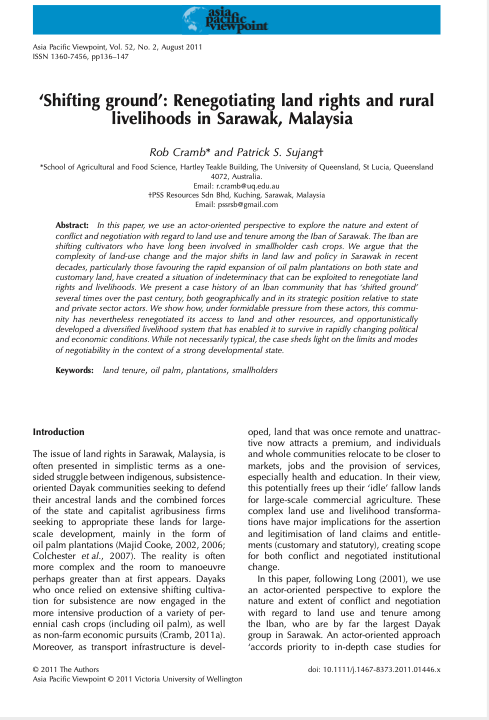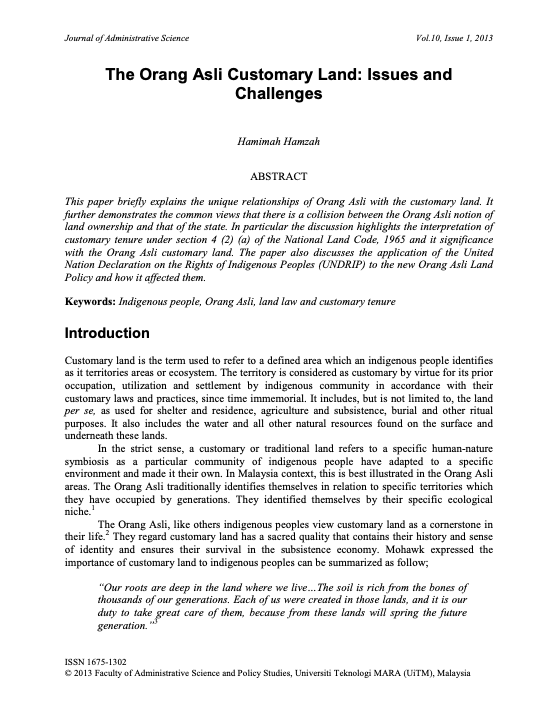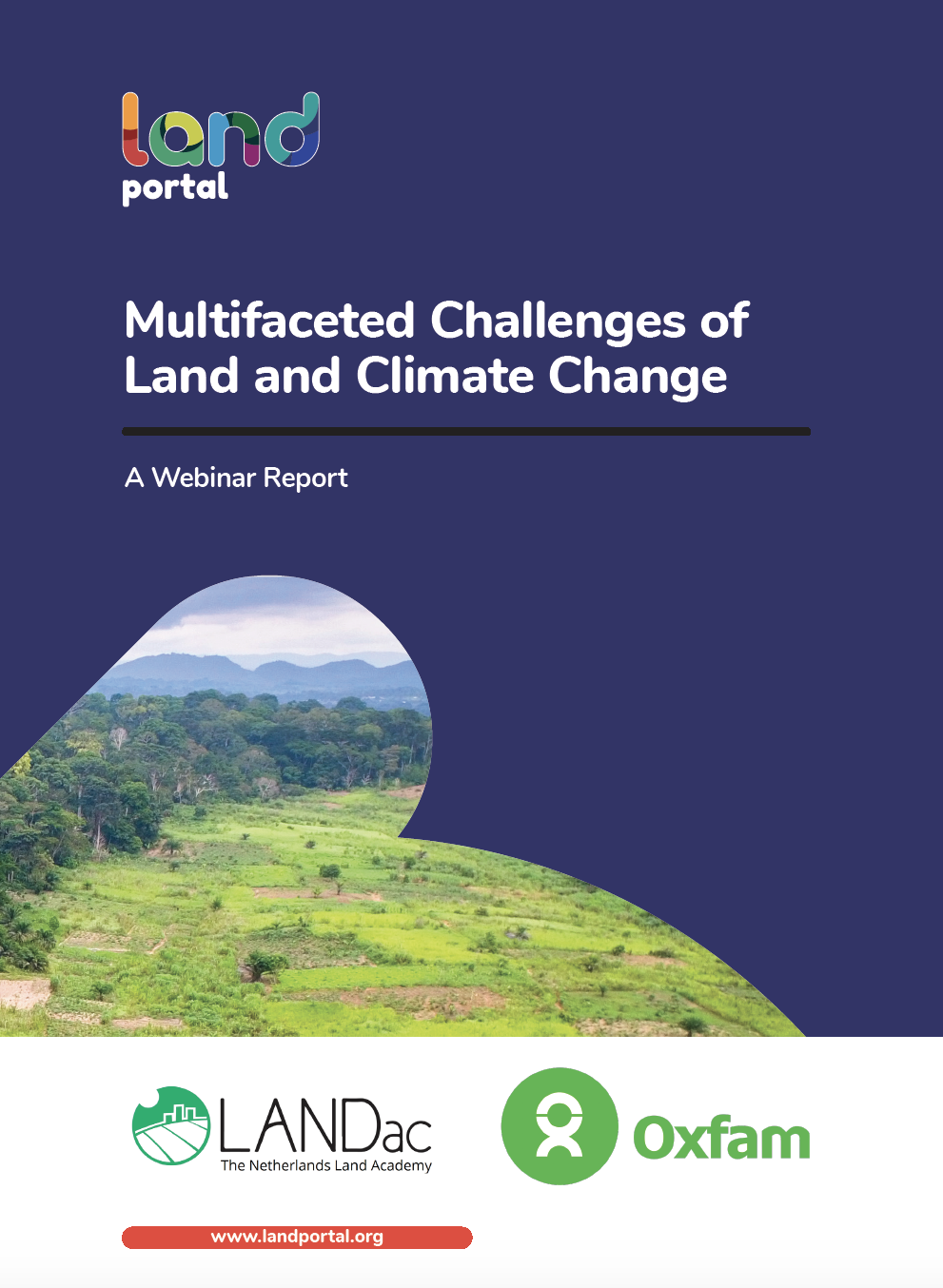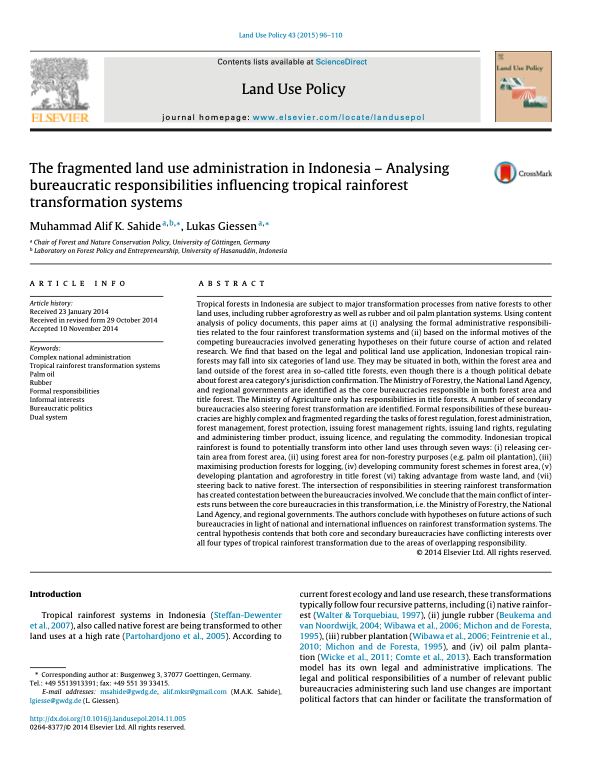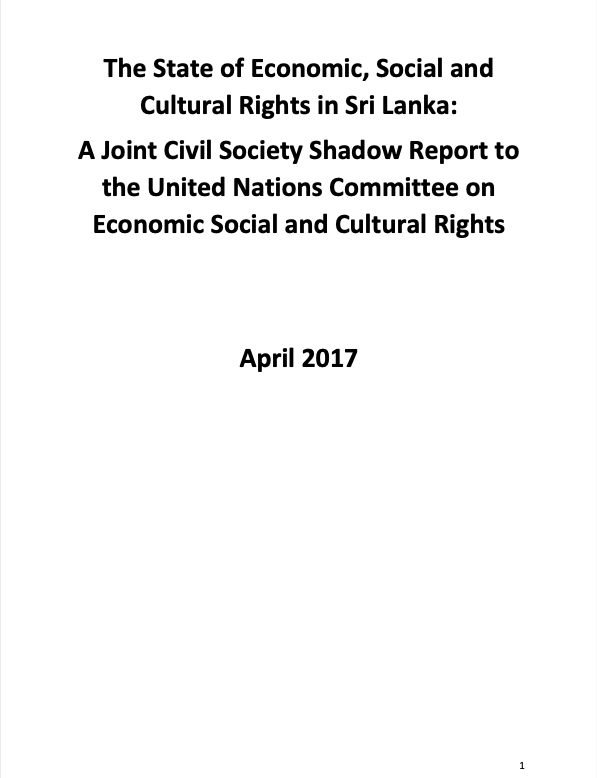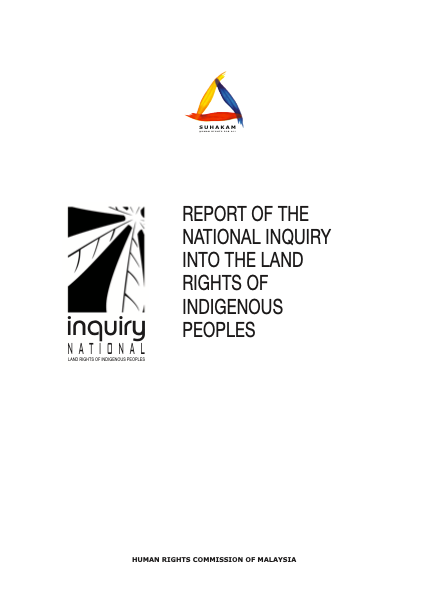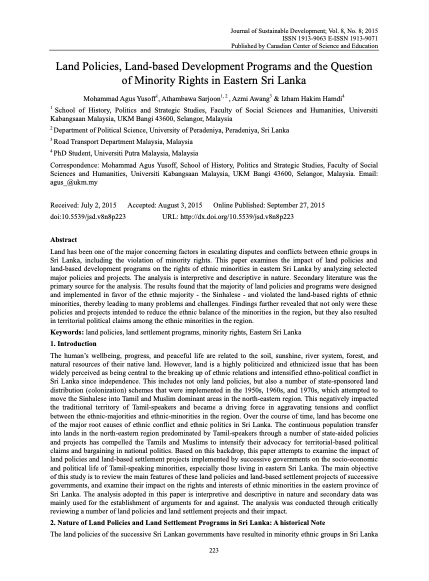Defending Our Future: overcoming the challenges of returning the ogiek home
The implementation of the Ogiek judgment is in the hearts and the spirits of the Ogiek people and the indigenous peoples globally. On 26 May 2017, we received the judgment at the African Court on Human and Peoples Rights (ACtHPR) in Arusha Tanzania, after a 12-year process that started in Kenyan courts and involved the African Commission on Human and Peoples Rights (ACHPR), The Gambia, besides the Court.


